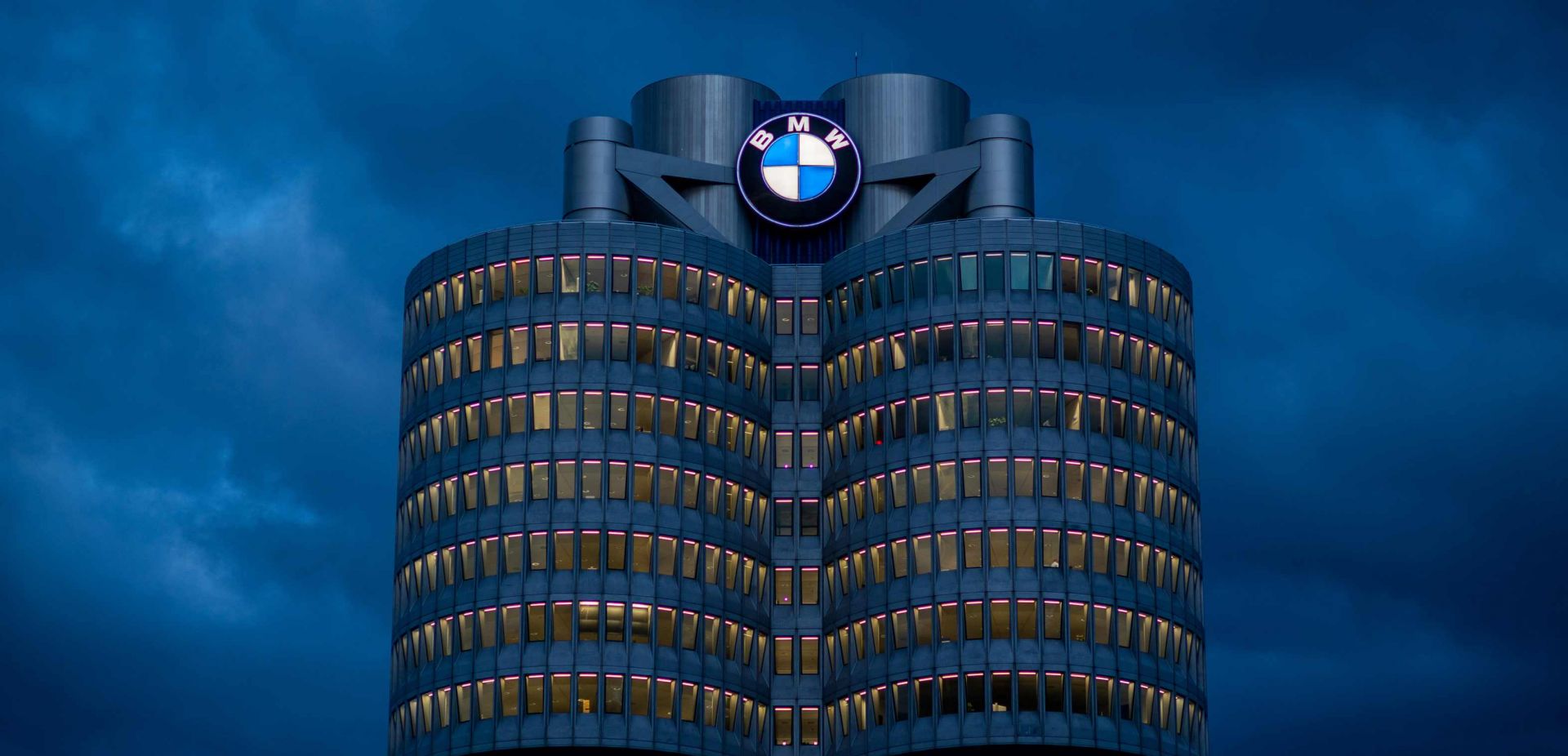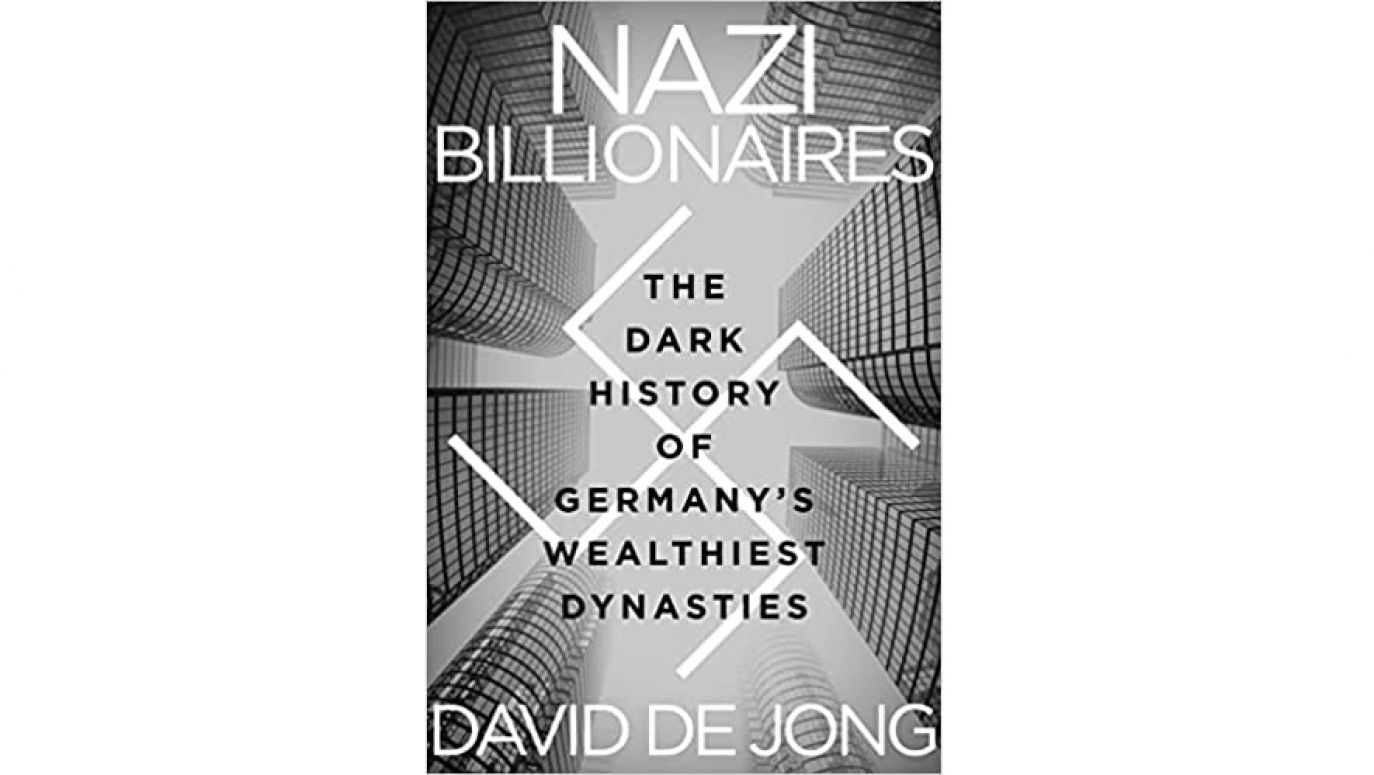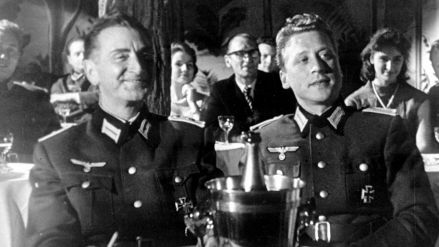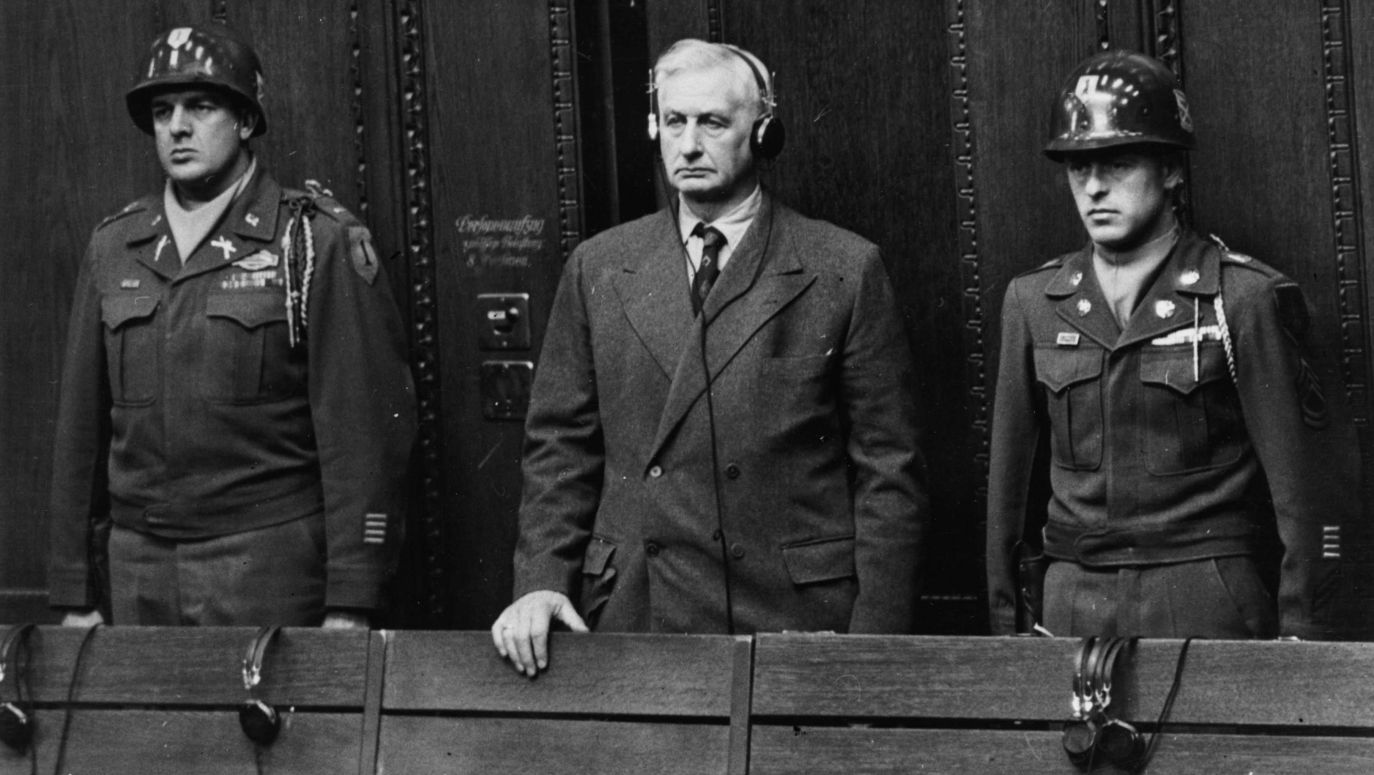What do I need to remember about the Nazi past when I prepare the dr Oetker pudding? This family was also mentioned in the book.
You shouldn’t necessarily remember their Nazi past, but you need to remember that the money you spend on these products from Dr. Oetker baking powder, to Volkswagen, BMW, or Porsche can be turned into dividends for these families and used to maintain foundations, museums, and awards in the names of their Nazi war criminal fathers and grandfathers. You need to know where your money goes. A good example is Günther Quandt’s name on the headquarter of his grandchildren’s family office, and the media prize named after Herbert Quandt. His son Stefan Quandt believes his father’s “life’s work” justified it. Today Porsche doesn’t only make cars but sponsors professorships. Together with their cousins the Piëchs, they control the Volkswagen Group, which includes Audi, Bentley, Lamborghini, Seat, Skoda, and Volkswagen. It is part of the backbone of Germany’s economy today.
In your book, you mentioned the Gardelegen massacre which was not only one act of homicide of the labor slaves just before the end of the War. Over 1000 Polish slave laborers were taken to the shed last and then burned together. Which enterprise employed these forced laborers?
Part of them came from AFA Akkumulatoren Fabrik A.G. owned by Günther Quandt. After World War II, the AFA became the battery company VARTA and most of the company shares passed from Günther Quandt to his son, Herbert Quandt. Today Sven Quandt, grandson of Günther, still sits on the supervisory board of Varta.
Was the Nuremberg trials for the business a historical farce?
Flick, IG Farben, and Krupp's convictions were too low. If we were looking for people responsible for the terrible part of human history we could find thousands or hundreds of thousands of people. But those that were indicted at the Nuremberg process was mostly a political decision. The most important thing for the Allies was to rebuild the economy of West Germany as a counterweight to the Soviet Unkons and East Germany during the Cold War. In the early 1950s an economic miracle happened in West Germany and all was forgotten. One of the accused businessmen at Nuremberg was Flick. In 1947 he was sentenced to seven years in prison for war crimes and crimes against humanity. After his early release in 1950, he rebuilt his conglomerate and became the controlling shareholder of Daimler-Benz, then Germany’s largest carmaker. Flick was soon back as the richest person in West Germany and never paid compensation to any of the surviving forced or slave laborers. The Flick conglomerate was sold in 1985 for five billion to Deutsche Bank.
In today’s Europe and in Poland we discuss reparations. Do you think that eight decades after the war they are justified?
If Russia or Germany didn't pay any reparations to the Polish state or the money paid by Germany to Poland was stolen by Stalin the topic seems to be still justified.
-Cezary Korycki
TVP WEEKLY. Editorial team and journalists
David de Jong - Dutch journalist, now a Middle East correspondent for the Financial Daily, previously covered European banking and finance for Bloomberg News. Author of “Nazi Billionaires: The Dark History of Germany’s Wealthiest Dynasties” - the book will be translated into more than twenty languages from English. 

 SIGN UP TO OUR PAGE
SIGN UP TO OUR PAGE 






